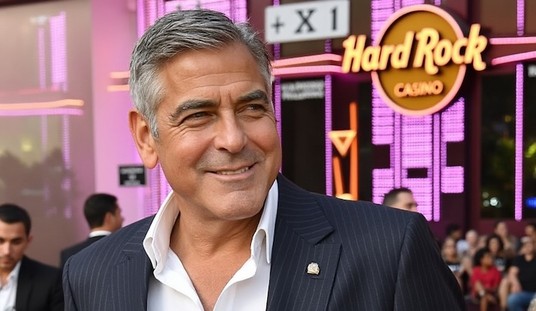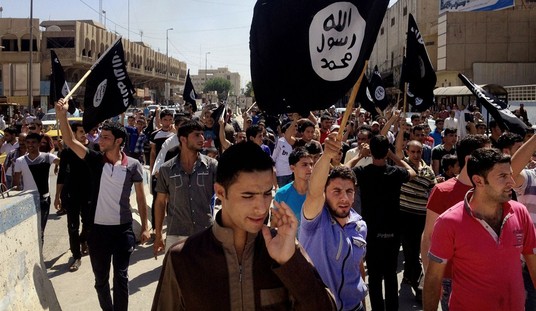The events are not in dispute. Wikipedia says that “On May 11, 2009, Defense Secretary Robert Gates asked for McKiernan’s resignation from ISAF and USFOR-A. Gates said new leadership was needed as the administration of President Barack Obama launched a new strategy in the seven-year-old Afghanistan war.” But the reasons are: the background of the decision to replace McKiernan are still unclear. Now, the Washington Post describes the firing of the top US Commander in Afghanistan in more detail. It hints that Gen. David D. McKiernan lacked political savvy and something else, though the account remains unsatisfyingly vague. The article doesn’t exactly say exactly what the strategic differences between McKiernan and his superiors were, but notes there is still disagreement among their sources over whether he “merited his dismissal”.
It was the first sacking of a wartime theater commander since President Harry S. Truman dismissed Gen. Douglas MacArthur in 1951 for opposing his Korean War policy. … The humiliating removal of a four-star general for being too conventional reveals the ferocious intensity Gates and Mullen share over a growing war that will soon enter its ninth year. It also demonstrates their zeal to respond to President Obama’s demand for rapid success in a place where foreign armies have failed for centuries. This account of McKiernan’s tenure and departure is … largely in consensus about the sequence of events, but they disagree whether McKiernan’s leadership merited his dismissal. …
The decision was not discussed at length within the White House but was endorsed by Obama. It reflects a view among senior Pentagon officials that top generals need to be as adept at working Washington as they are the battlefield, that the conflict in Afghanistan requires a leader who can also win the confidence of Congress and the American public.
The closest Washington Post article gets to describing actual strategic differences is when it contrasts McKiernan with his successor. It says “McChrystal has moved with alacrity to shift the focus of U.S. and NATO troops from chasing the Taliban to protecting cities and towns, reasoning that expanding areas of population security would have greater impact on the insurgency than a series of raids. … McChrystal said bombs could be dropped only when solid intelligence showed that high-level militants were present or U.S. forces were in imminent danger.” The inference is that McChrystal is pursuing a politico-military strategy with a greater emphasis on politics than his predecessor. McChrystal is apparently more adept at fighting battles to his rear as well to his front. “‘He understands the need to engage Washington, and he’s willing do so in a creative way,'” said Stephen Biddle of the Council on Foreign Relations, who was part of the team.” That just goes to show that the modern general must know how to conduct a 360 degree defense if he is ever to succeed. Maybe that’s not the way it used to be; or maybe that’s the way it always was. But maybe that’s the way it is now.










Join the conversation as a VIP Member